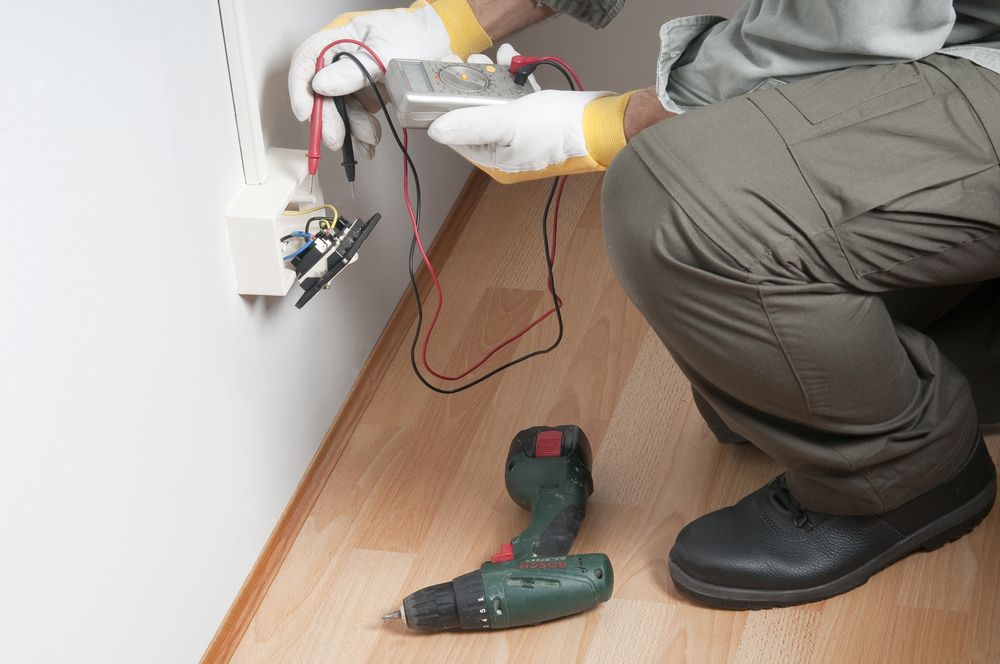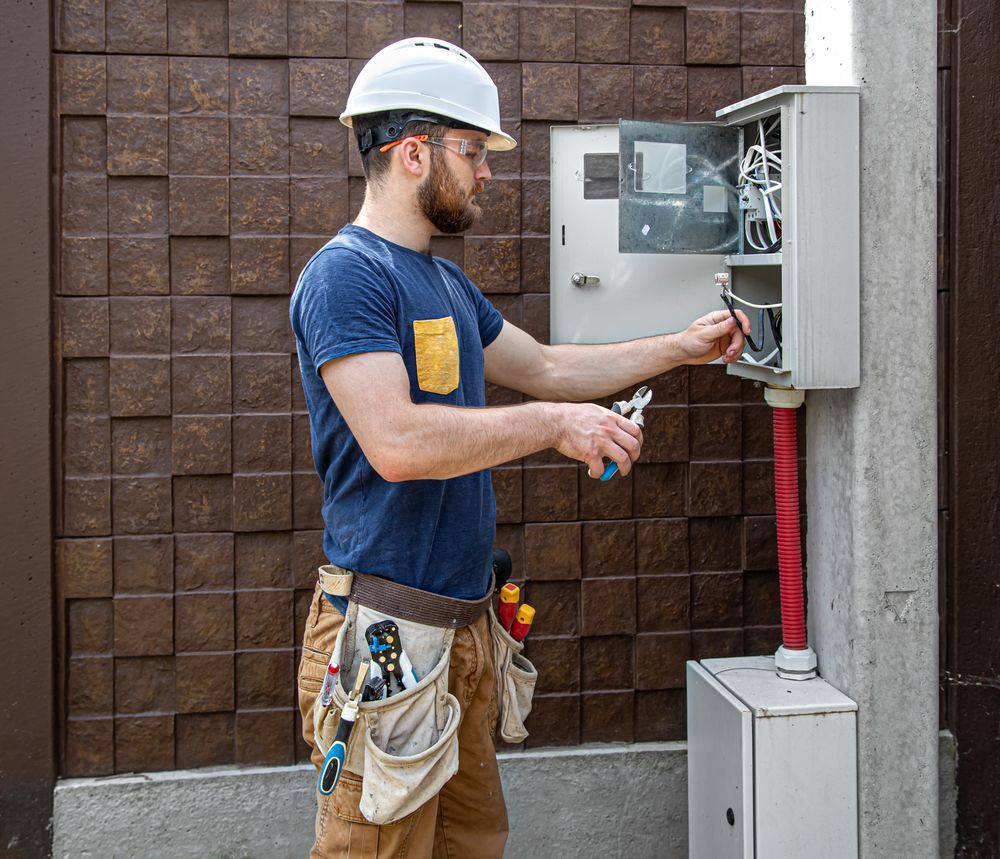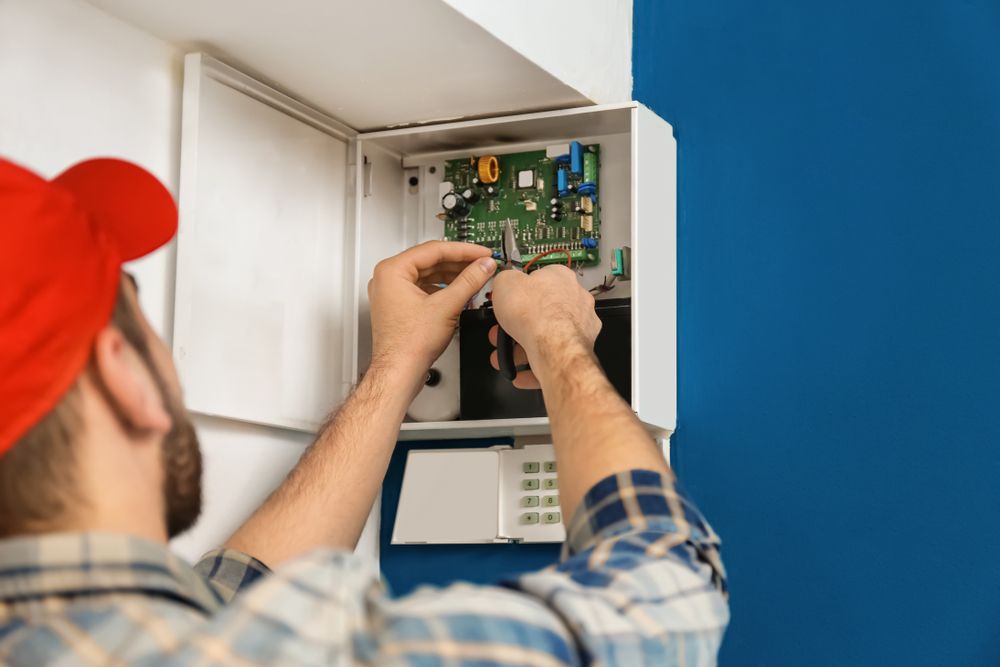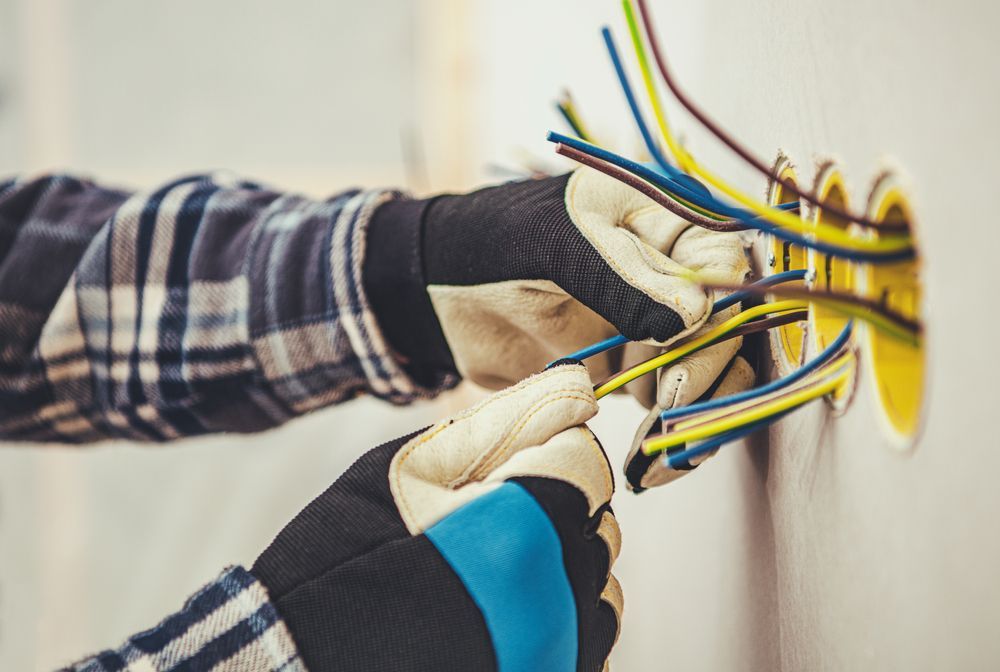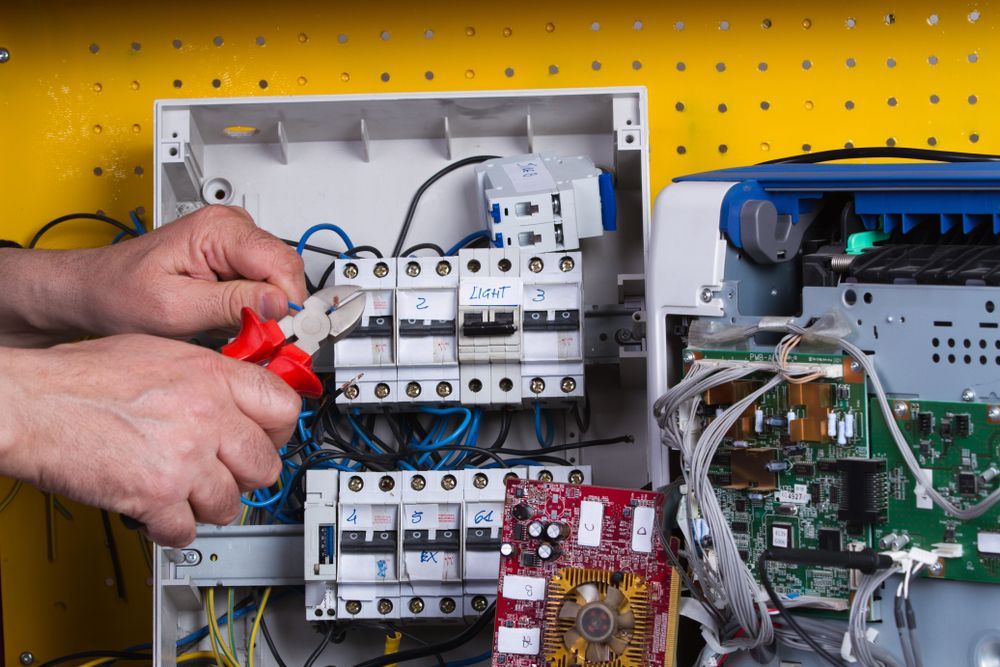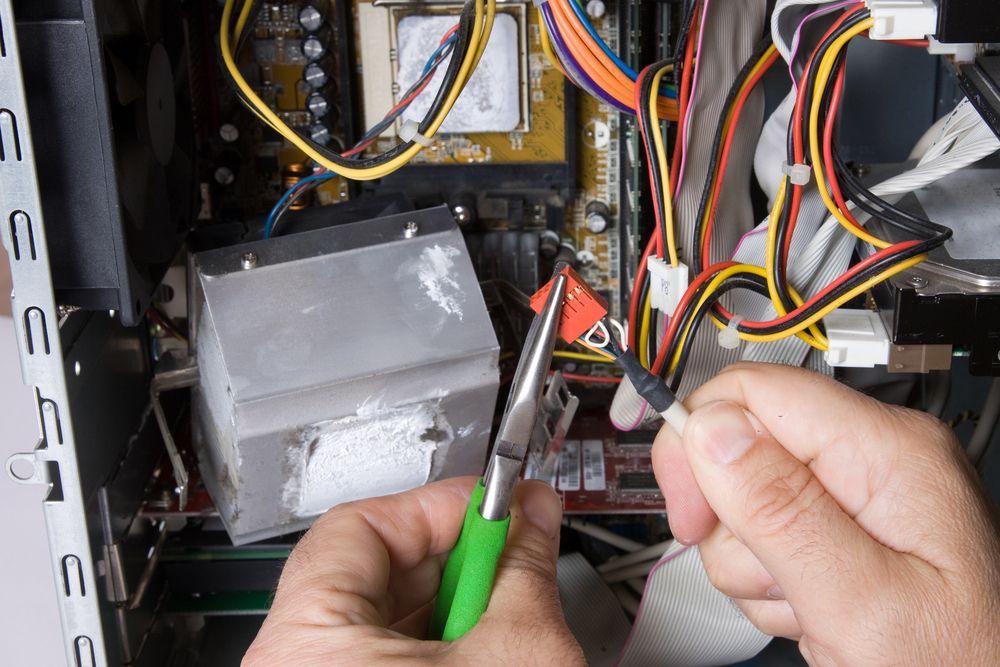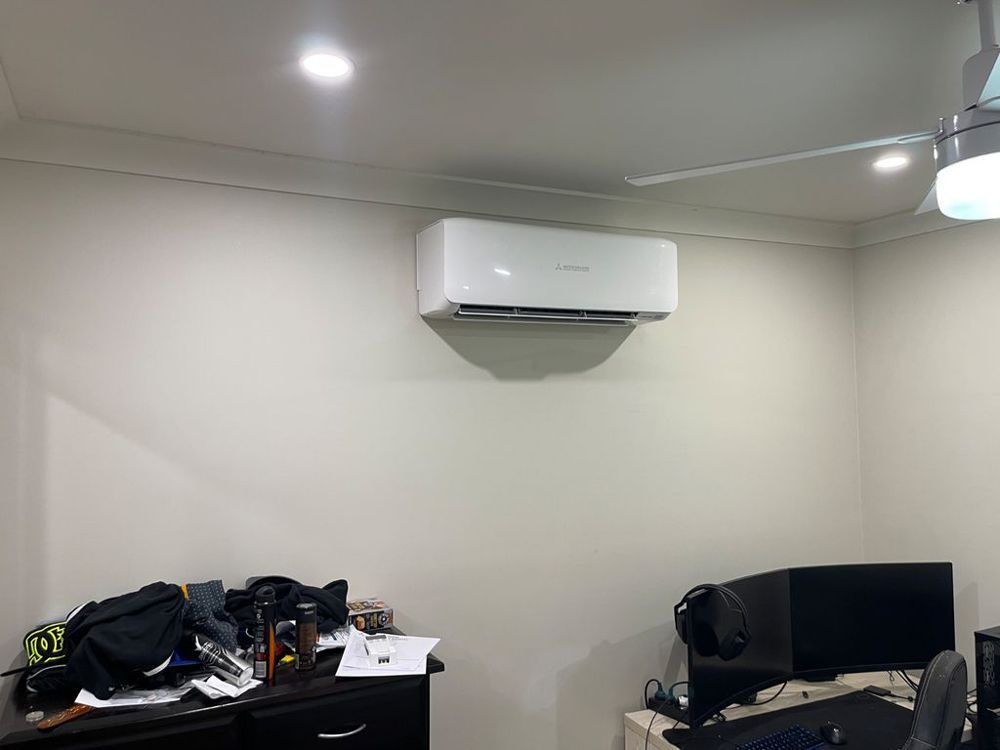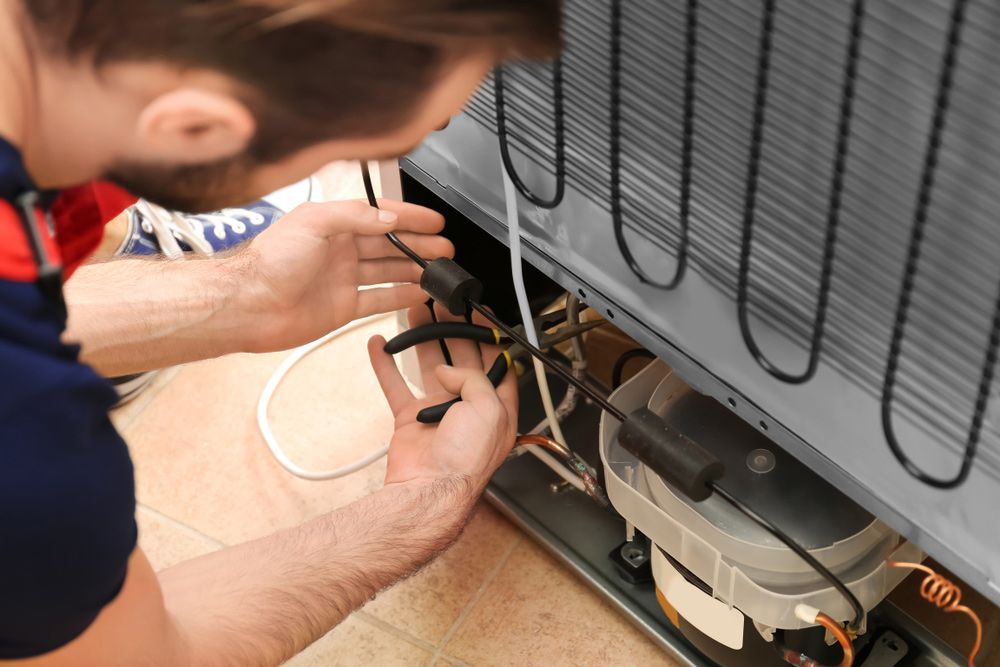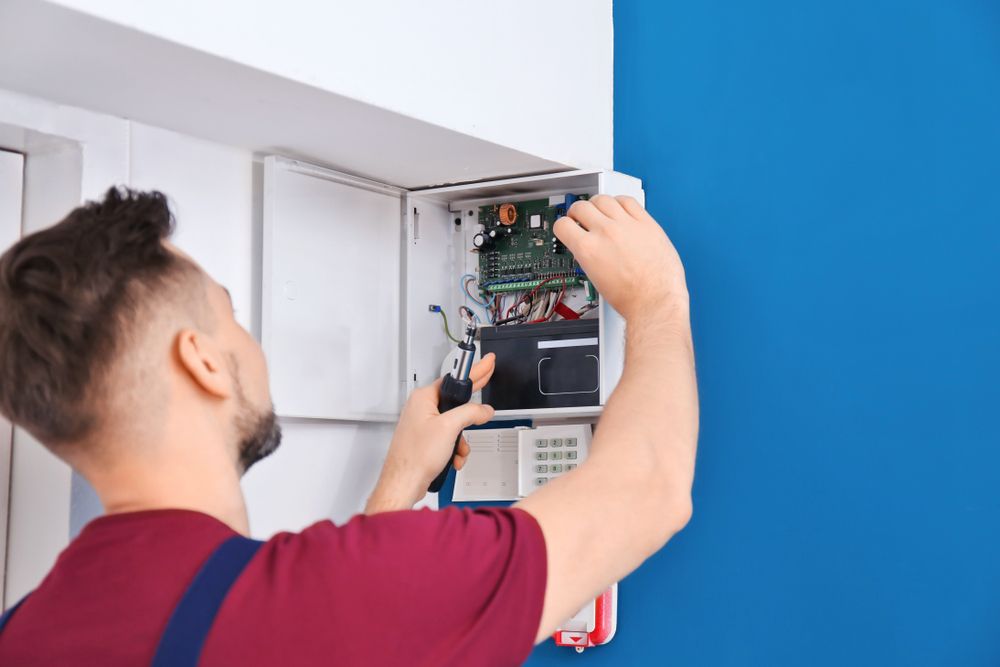How To Choose Your Ideal Air Conditioning System
Summer is on the way, which means soaring temperatures. If you're considering replacing or installing air conditioning (A/C) so that you can sit out the summer season in comfort, a key decision is whether to opt for a split system or a ducted system.
Both are efficient, reliable forms of heating and cooling, but some homes are more suited to a ducted system, whilst others should opt for a split system. Here we consider the pros and cons of split and ducted A/C, as well as detail the type of property to which each is best suited.
In this blog;
Split A/C systems consist of an outdoor and one or more indoor units. The air is cooled by the refrigerant, which cycles between liquid and gas states, determined by the pressure within the condenser and evaporator. The process of evaporation requires heat energy, which is drawn from heated air drawn out of the property.
The cooled air is then blown back into the property through one or more units. The indoor units also draw up warm air from the interior, before it passed out to the exterior unit for cooling.
Pros Of Split Systems
- On average, a split system uses less energy than a ducted option. This makes it a greener, less expensive option.
- Split systems can be used to cool one or more rooms in a property. Depending on capacity, one outdoor unit can service up to eight interior units.
- Variable temperature between rooms. If you want to keep cooling costs low by only cooling one room, for example, a split system is ideal. Each interior unit operates independently of the others. This gives users plenty of flexibility in how they operate their A/C.
- Split systems can be added to. If you initially only want to cool one room, you can purchase a single indoor unit, plus the outdoor unit. As time goes on, if you decide it would be preferable to cool additional rooms, it's possible to buy additional interior units and have them fitted where you need them.
- It's an ideal choice for compact homes. There's no need to have the motor inside your home. If you lack outdoor space (for example if you live in an apartment or don't have a garden), split A/C is the solution.
- Many split A/C systems are reversible. When temperatures are lower, the system will warm air, and then blow it back into your property.
- Most modern split systems are fitted with air filters, ensuring that the concentration of allergens and pathogens in the recirculated air remains low.
Cons Of Split Systems
- Some of your outdoor space will be taken up by the A/C unit, although wall-mounted options are available.
- Split system A/C doesn't cool your whole home - rooms without units may become unpleasantly warm.
- The interior units take up space. In comparison, rooms with ducted A/C simply have discreet vents, usually located at ceiling height.
- Some outdoor units may be noisy.
- Split A/C doesn't work very well in larger rooms - if you're considering split A/C, talk with the team at Entire Trades to determine which make and model is going to provide the cooling effect you need.
- The further from the outdoor unit an indoor unit is, the less efficient it is.
Which Households Benefit From Split System Air Conditioning?
The types of households that tend to benefit from a split system are detailed below:
- People living in smaller properties.
- Householders who prefer to cool one or two rooms, rather than the whole property.
- Households that are on a budget.
- People who may want different rooms at significantly different temperatures.
In contrast to a split system,
ducted A/C works using an outdoor unit and a single indoor unit. Usually located in the attic, the indoor unit contains a powerful fan that blows cool air through a series of ducts, located in each room of the house. Some ducted A/C can be zoned, meaning different areas of the house can be cooled to different temperatures. Other systems don't have the facility for zoning, so each room will receive cooled air at the same temperature (although individual room variations such as size, level of insulation and aspect will affect the interior temperature).
Pros Of Ducted Air Conditioning Systems
- Offers whole-house cooling, which is ideal for properties containing vulnerable occupants or households that prefer a constant temperature.
- Cool air is emitted through discreet vents - there's no need for intrusive split-system units, which may be unsightly and also difficult to install in some properties.
- Most modern ducted systems will also provide warm air during the cooler months.
- Ducted A/C operates very quietly.
Cons Of Ducted Air Conditioning Systems
- It's an expensive option. Ducted A/C is labour-intensive to fit (ducts need to be fed into each room) and has higher upfront costs. It's also more costly to run, as it provides whole-house cooling. In addition, ducted A/C is an "all or nothing" choice, unlike split A/C, where additional units can be easily added at a later date.
- Although zoning increases temperature flexibility, the temperature of ducted A/C remains constant within each zone, limiting the personal preferences of occupants in individual rooms.
- Increased disruption during installation. The process of installing vents and ductwork into each room of a property is disruptive.
Which Households Benefit From A Ducted A/C System?
- Occupants of larger properties will usually enjoy better temperature control with ducted A/C.
- Households that don't want highly visible A/C units in their interior space.
- A constant temperature throughout the property provides a pleasant environment 24/7.
- Ducted A/C is capable of cooling larger interior spaces without struggling in the same way as split A/C. Similarly, the efficiency of a ducted system doesn't noticeably decrease with distance from the exterior unit in the same way as split A/C.
- If you have a larger budget and want a system that will operate efficiently, quietly and discreetly in the background, ducted A/C is ideal for your requirements.
Contact Us
Summer is on the way, so don't delay in getting your fresh A/C system installed. Call the experienced team at Entire Trades on 02 4905 0901 for a personalised assessment of your A/C needs and a FREE quote.


